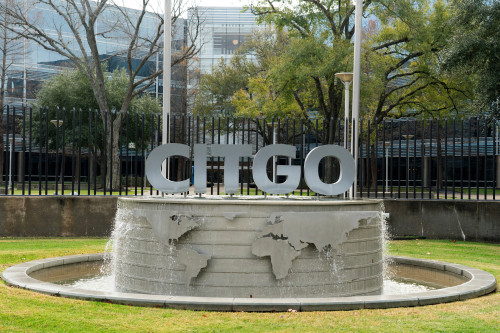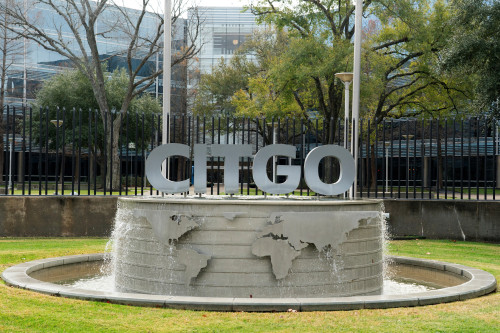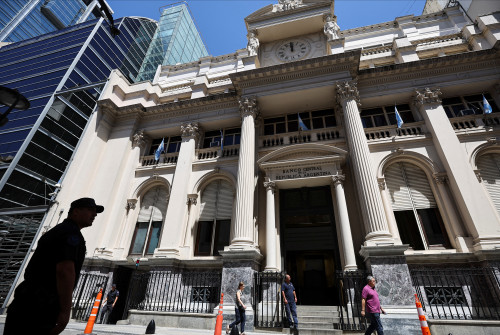FRANKFURT (Reuters) – The European Central Bank still needs several more interest rate hikes to rein in inflation and it is not certain that rates could peak this summer, Bundesbank President Joachim Nagel said on Monday.
The ECB has raised rates at the fastest pace on record in the past year after inflation hit double-digit territory last autumn. Many policymakers argue that monetary tightening is in its final phase with the terminal rate now in sight.
Nagel’s comments are among the most hawkish on the 26-member Governing Council and cast doubt on market bets that the deposit rate will peak at 3.75% in July before falling next year.
“From today’s perspective, several more rate hikes are still necessary,” Nagel said in a speech. “For me, it is not certain that we will reach the interest rate peak in the summer.”
A rate hike on June 15 is considered a done deal while many policymakers have also said that a move in July is likely but few have ventured to discuss prospects beyond the summer break.
The problem is that underlying inflation appears to be stubbornly high, fuelled by rapid wage growth and robust demand for services, suggesting that getting price growth back to 2% by 2025 may be hard.
Although core inflation, which filters out volatile food and fuel prices, dipped more than expected in May, Nagel did not see this is as a significant change.
“Underlying pricing pressures are also far too high and so far show little sign of abating,” he said. “We have to be even more persistent than the current inflation.”
Once rates peak, they will have to stay steady until it is “beyond doubt” that price growth will fall back to the ECB’s 2% target in the “near future,” Nagel added.
Regarding growth in Germany, the euro zone’s biggest economy, Nagel said he was cautiously optimistic, despite a recession early in the year.
But several issues still threaten Germany’s competitiveness and require attention, Nagel argued.
The large global footprint of Germany’s vast industrial sector keeps it exposed to trade tensions while high energy costs and a shrinking domestic labour market weaken the outlook, Nagel said.
It makes economic sense for firms to revamp their supply chains, including due to political risk, but government restrictions on trade tend to reduce prosperity levels, so such action must be reserved for exceptional circumstances.
Germany must also increase its workforce but higher participation will not offset the natural decline of the workforce and more skilled immigrants may be needed, Nagel added.
(Reporting by Balazs Koranyi; Editing by Bernadette Baum)






